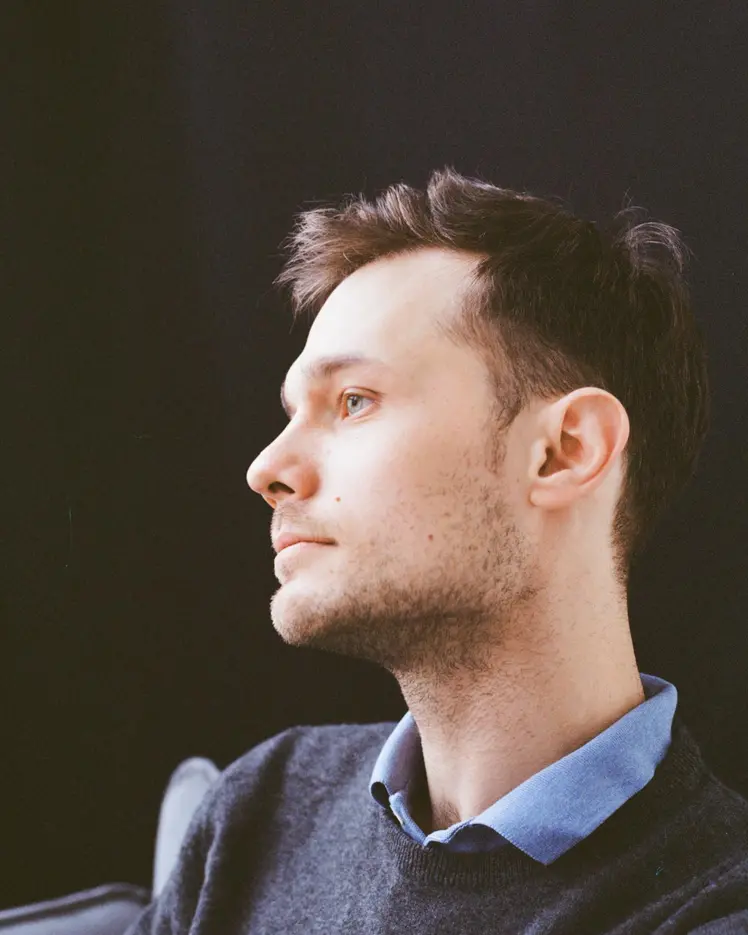
Kirill Neklyudov
Core Academic Member
Assistant Professor, Université de Montréal, Mathematics and Statistics
Research Topics
Deep Learning
Dynamical Systems
Generative Models
Molecular Modeling
Probabilistic Models


